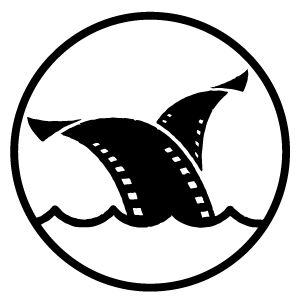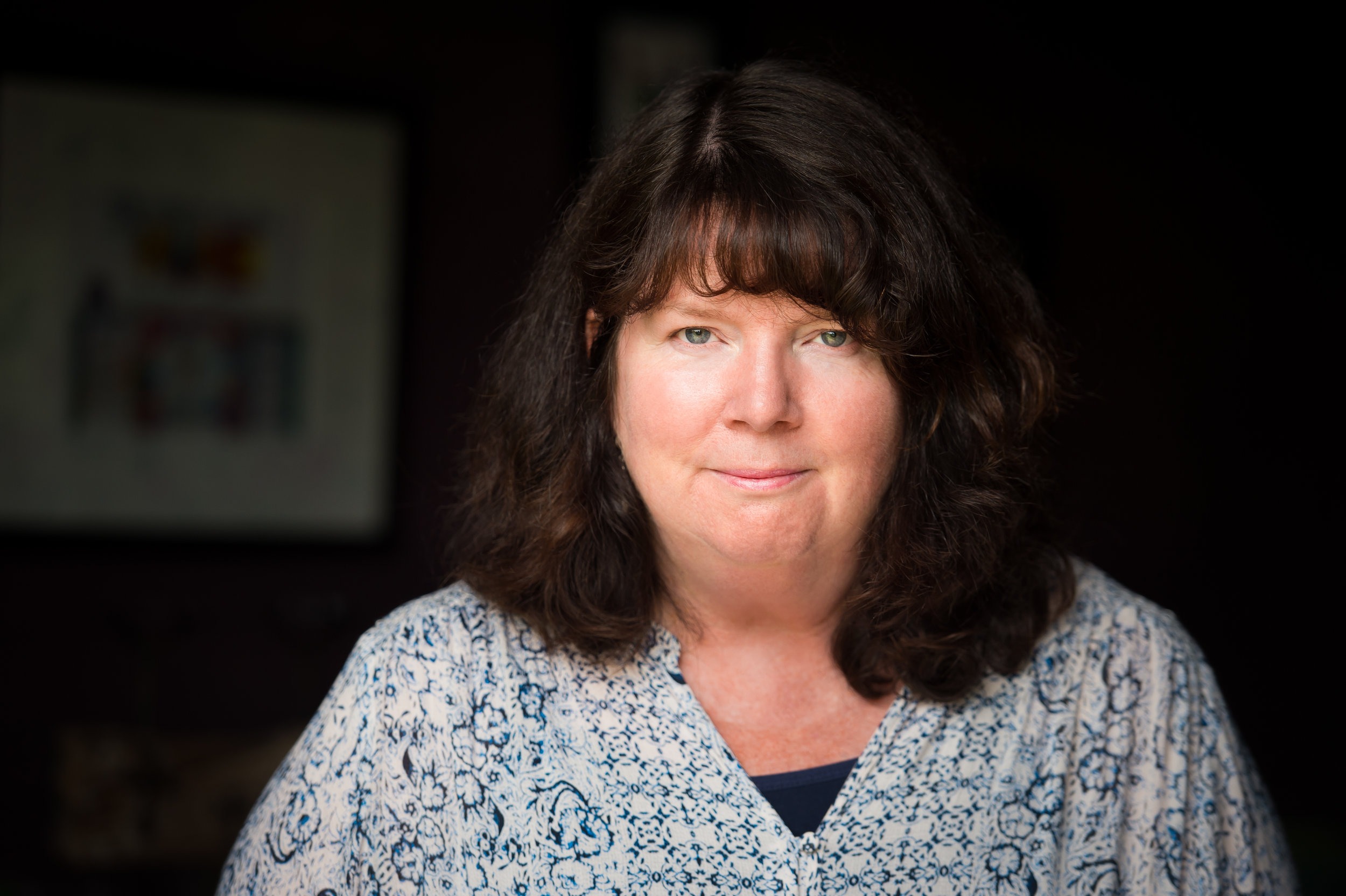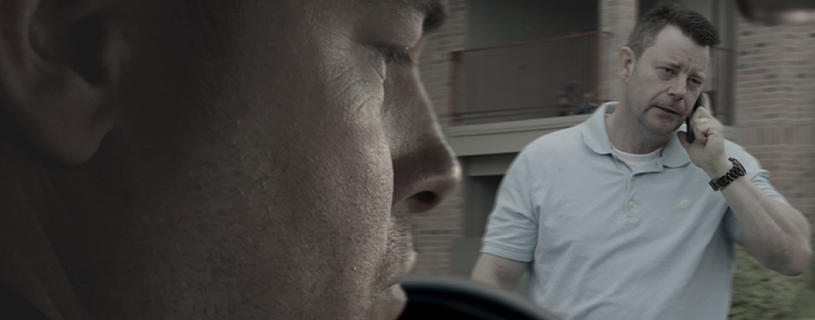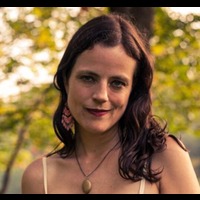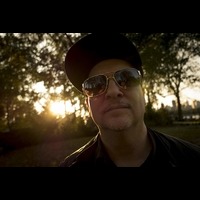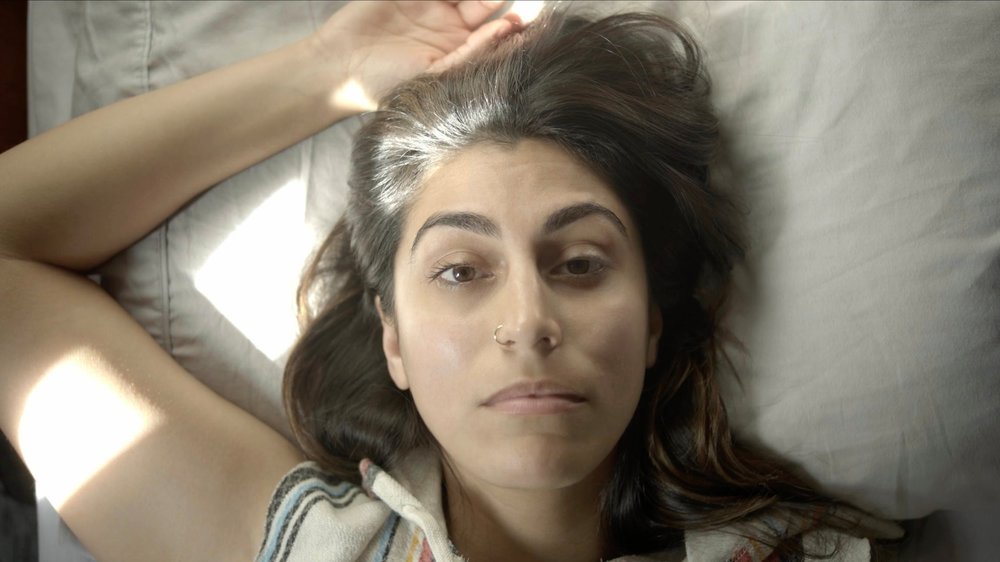Five Questions With... George Pelecanos (DC NOIR)
/Based on short stories written by acclaimed author and writer/producer George Pelecanos (HBO's The Deuce, The Wire), this crime anthology follows a diverse cast of characters living and dying on the fringes of society in the nation’s capital.
We spoke with George about DC NOIR, playing on Friday, June 21 at 5pm. Read more below, and see it this week!
NFF: Can you talk a little about the adaptation process, and why/how you wanted to make these stories into film?
GEORGE: I had adapted and produced a short, THE CONFIDENTIAL INFORMANT (directed by Stephen Kinigopoulos), based on one of my short stories and I liked the experience. I decided to do three more and make it a feature anthology film. It was my way of initiating film production in DC, a longtime goal of mine.
NFF: What was the decision around directing for the first time? Was it something you've been thinking about for awhile?
GEORGE: If by awhile you mean since childhood, yes. I have always wanted to direct but I like the indy vibe. I’ve been working in television for twenty years but I never had the desire to direct episodic TV. Now that I got my feet wet, I’m going to keep at it.
NFF: DC NOIR has been screened as separate chapters and has a complete film. How do you prefer audiences consume it?
GEORGE: As a complete film. I made a concession to show it as a chapter one and I don’t think I’ll do that again. It’s a disservice to the other directors, who all did good work.
NFF: What are you working on currently, and/or where can we see more of your work?
GEORGE: I’m writing and producing the third and final season of my show, The Deuce, for HBO. It airs in September. I hope to get started on my next novel sometime soon.
NFF: Why are you excited to screen in Nantucket, and/or what do you hope Nantucket audiences might relate to or takeaway from the film?
GEORGE: I just like the festival. It’s one of the most enjoyable experiences I’ve had in the business. It’s well run and it’s just big enough, and it seems to be free of most of the politics you run into on the festival circuit. I’m hoping someone will adopt me and give me a summer home in the island.
